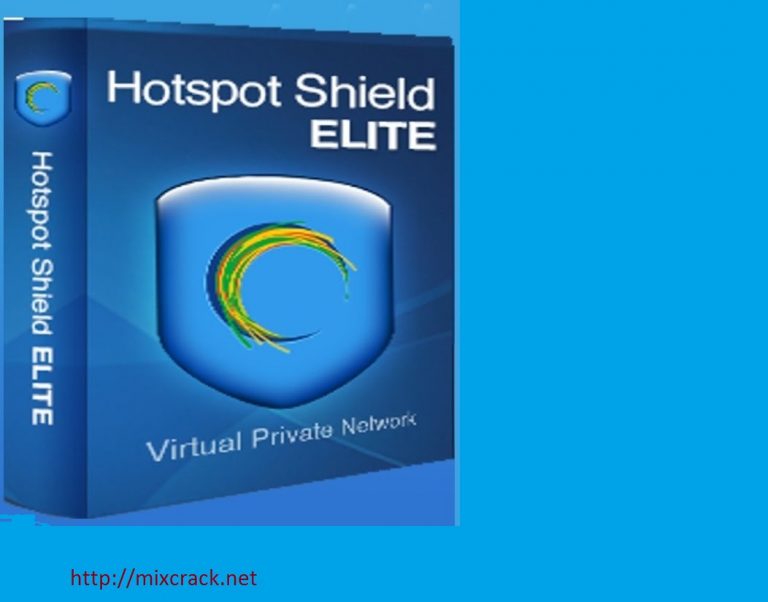
The rules set to be enacted in 2018 would require ISPs to “seek permission from customers for collecting and sharing sensitive personal information.” Many shared concerns that ISPs would begin selling user browsing data and around that time, many VPN providers took to promoting themselves further as a “safe alternative”. The discovery of the Hotspot Shield data sharing practices by the CDT came after Congress had repealed privacy rules originally put in place by the FCC. It appears that Hotspot Shield takes usage logs and “user connection data” to “identify general location, improve the Service, or optimize advertisements displayed through the Service.”

The filing states that “VPN providers generally create two types of logs: connection logs and usage logs.” The latter being much more invasive on a user’s browsing data. The definition, and explanations to users, as to what constitutes as “logging” in Hotspot Shield’s policies may need to be clarified. Hotspot Shield’s description for its iOS and Android mobile applications declares a “no logs” policy however, its Privacy Policy, which covers and includes its Hotspot Shield services, describes more elaborate logging practices. The group worked with Carnegie Mellon to discover that the application and service utilized various data sharing practices with different advertising networks. In a new filing brought to light by ZDNet, the privacy advocacy group Center for Democracy & Technology has stated that Hotspot Shield isn’t as anonymous as it lead users to believe. Even when downloaded from Apple’s own App Store, VPN providers can often present as much a benefit as they do risk.

A new filing against the company HotSpot Shield, that makes a VPN app exemplifies the user privacy difficulties with VPN services and apps.


 0 kommentar(er)
0 kommentar(er)
